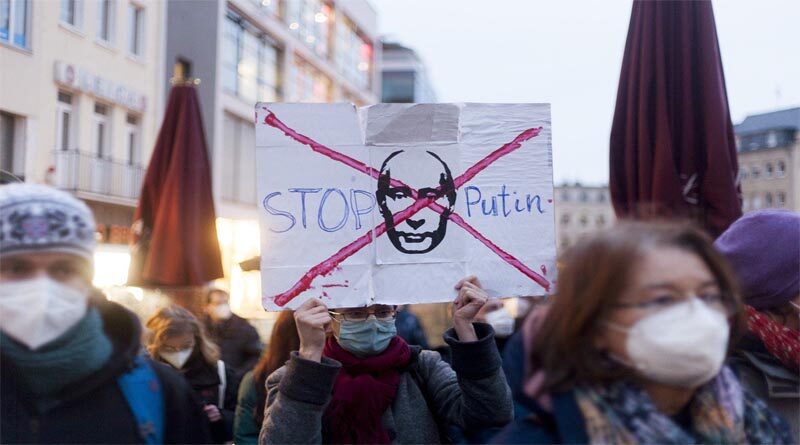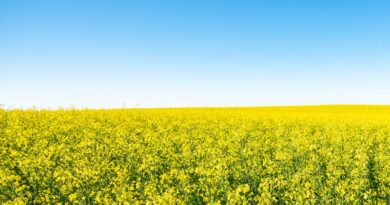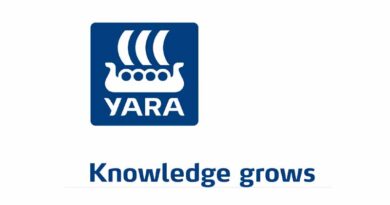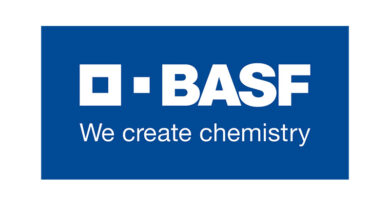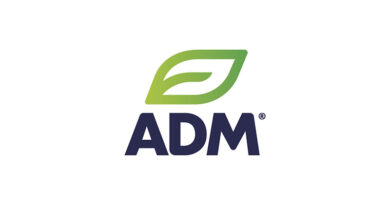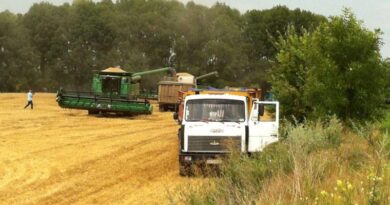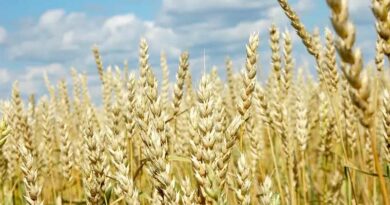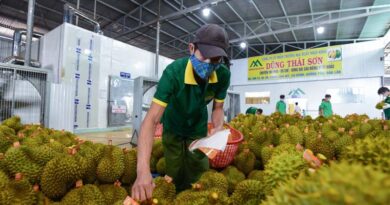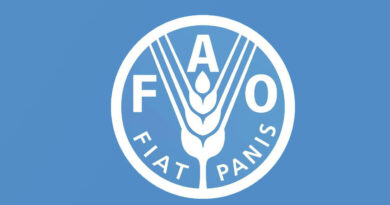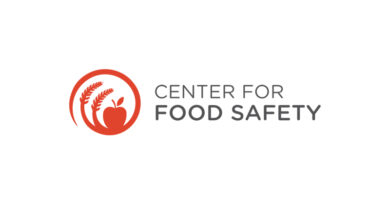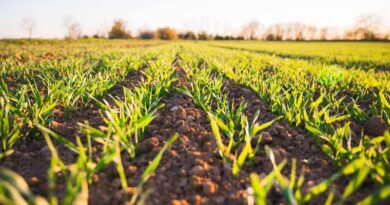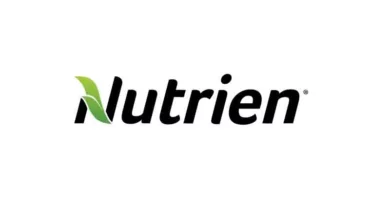Global Agriculture at risk from Russia/Ukraine conflict: Yara
03 March 2022, Norway: Russia and Ukraine are world powers in a global and fragile food system. The long-term consequences of the war on global food supply will impact both the rich and the poor parts of the world.
In an official statement released by Yara on 1st March said “It is essential to reduce the dependency on Russia as the company sources a considerable amount of essential raw materials from Russia, used for food production worldwide.
Yara has been directly hit by the conflict both by having employees in the war zone in Ukraine and by a missile that hit the Yara office building in Kiev. Fortunately, none of the employees were physically harmed.
Russia and Ukraine are world powers in agriculture and food production:
- Ukraine is one of the world’s leading agricultural nations and the world’s second biggest within grains. The farmers are now entering a crucial stage in the agricultural season in which input factors such as fertilizer, seeds and water will determine the yield of the coming harvest. The most extreme calculations indicate that if fertilizer is not added to the soil now, the production will be reduced by 50% by the next harvest.
- In addition to being one of the largest producers of wheat, Russia has enormous resources in terms of nutrients. Plants need nitrogen, phosphate, and potash to grow. Nitrogen is supplied from ammonia, which is produced from nitrogen from air and natural gas. The importance of gas has been on the agenda in the debate around the high European gas prices in 2021 and beginning of 2022. 40% of the European gas supply is currently coming from Russia. With regards to potash (a salt extracted from clay deposits), the market is highly concentrated and fragile towards change. Today, 70% of extracted potash and 80% of all exported comes from Canada (40%), Belarus (20%) and Russia (19%). In total, 25% of European supply of these three nutrients come from Russia.
Yara is both a provider of solutions to the agricultural sector in Ukraine and a big buyer of raw materials from Russia. We always comply with current regulations, sanctions and our own guidelines. Free flow of goods across borders has been possible in a time with higher geopolitical stability. Now, with the geopolitical conditions out of balance, the biggest sources of raw material to Europe’s food production are being subject to limitations, and there are no short-term alternatives. One potential consequence is that only the most privileged part of the world population gets access to enough food.
Yara appeals the international community to come together and work to secure world food production and reduce dependency on Russia, even though the number of alternatives today is limited. This constitutes a difficult dilemma between continuing sourcing from Russia on a short-term basis or cut off Russia from the international food chains. The last option may have considerable social consequences. These considerations are not to be taken by individual companies but need to be made by national and international authorities.

